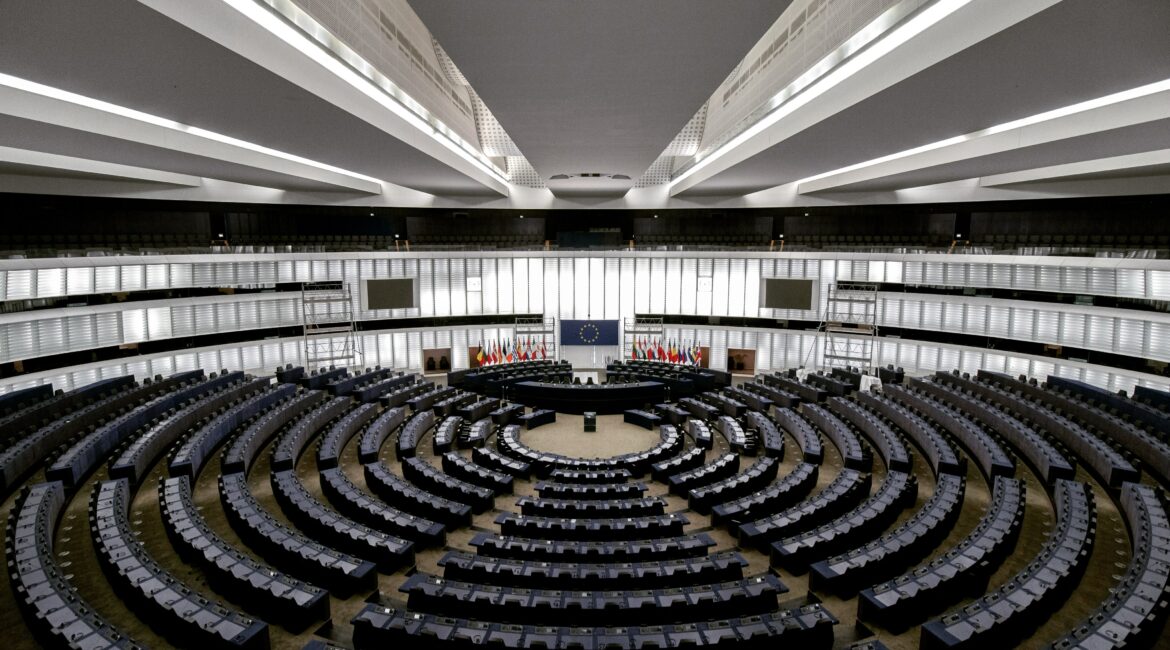What will change for you once the new European Unified Patent Court (UPC) starts operation?
The Protocol to the Agreement on a Unified Patent Court on provisional application (PPA) entered into force on 19 January 2022. This event marks the start of the Provisional Application Period (PAP) and the birth of the Unified Patent Court as an international organization for patent litigation in Europe. Full operation of the Court is expected to open and start operation in the Second Half of 2022.
The Provisional Application Period is expected to include a specific period prior to the opening of the court in which patentees can begin to “opt-out” their granted European patents from the UPC system. Details of the opt-out period are awaited, but earlier plans for opening the court in 2017 – which turned out to be a false start – suggest that opt-out may start three months before the court opens. Provided the patent in question has not been subject to UPC patent litigation proceedings, an opt-out will then be possible for individual European patents for a further seven years. This transitional period can be extended.
There is no “opt-in” to the UPC and so, without taking action to opt-out their European patents, patentees could find their patents disputed in the UPC. This means that patent proprietors now need to think of the important question of whether they wish to allow some, or all, of their European patents to be enforceable in the new single Europea-wide UPC and/or potentially subject to a central revocation action in that court, or whether the patent holders instead wish to opt their patents out of the UPC system so that the patents remain subject to national legislation.
When addressing this choice, there are three aspects to opt-out that need to be addressed:
- what opt-out does,
- the procedure for opting-out and,
- its strategic implications.
Because the UPC will not exist in isolation, but side-by-side with the existing national courts, the national courts will fall into three categories, depending on their relationship with the UPC and the European Union (EU).
– national courts of the EU Member States contracted to the UPC (‘Contracting Member States’). There will be 22 of these countries, assuming all of them ratify the Agreement;
– courts of the EU Member States that have either not signed the UPC Agreement or have said they will not ratify it – although this may change in the future, this list currently includes Spain, Poland, Hungary, the Czech Republic and Croatia;
– thirdly, national courts of the countries that are signatories to the European Patent Convention (EPC) but cannot join the UPC because they are not EU Member States – examples are the UK and Switzerland.
The UPC itself, although most easily thought of as a separate jurisdiction of its own, is actually a court of each and every Contracting Member State simultaneously. The opt-out procedure and the transitional period are concerned with the inter-relationship between the UPC and the Contracting Member States’ courts only.
When the UPC comes into force, it will be possible to request that newly granted European patents become ‘European patents having unitary effect’ (referred to as Unitary Patents). This means there will be three types of patents available in Europe, under the new system:
- Unitary Patents with effect in the Contracting Member Countries;
- European patents which have to be validated nationally in different countries
- national patents (and in some countries utility models) filed through local patent offices
Disputes relating to the national patents will continue to be heard only in the national courts. Unitary Patents will only be actionable in the UPC system. This includes the key areas of revocation, enforcement (including injunctions) and non-infringement declarations.
By contrast, the jurisdiction in which European patent disputes are heard is determined by the rules on opt-out and the transitional period. All European patents will eventually be subject to the exclusive jurisdiction of the UPC after the end of the transitional period.
Please feel free to contact us if you have further questions.
Alexander Schmidt, Patentanwalt
Beat Wüst





